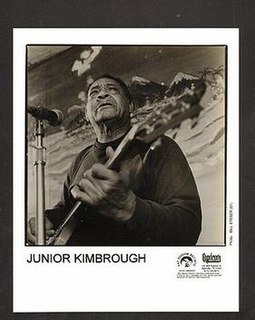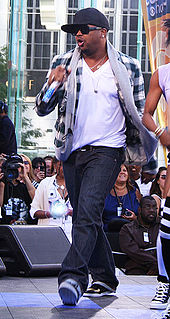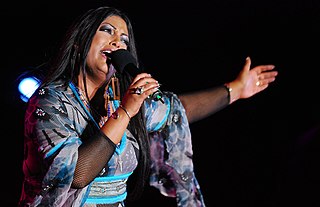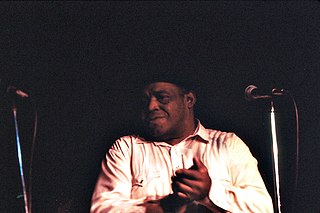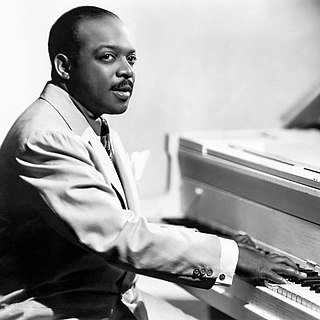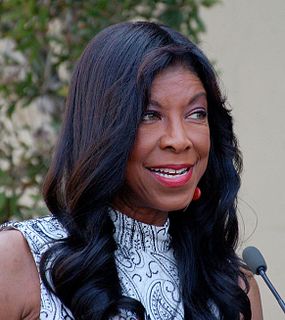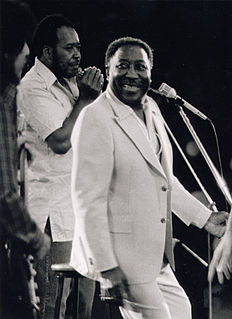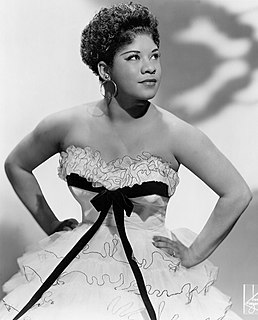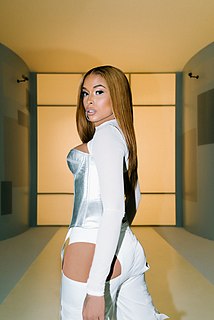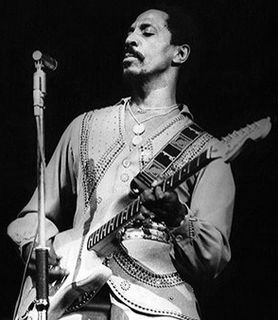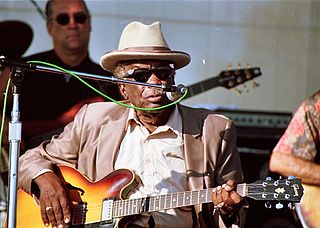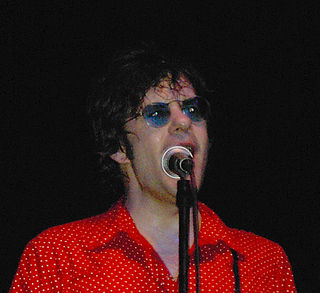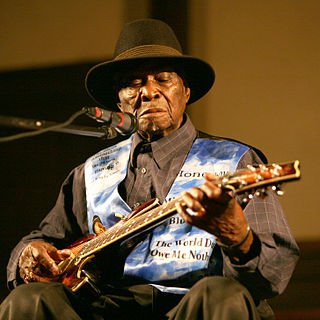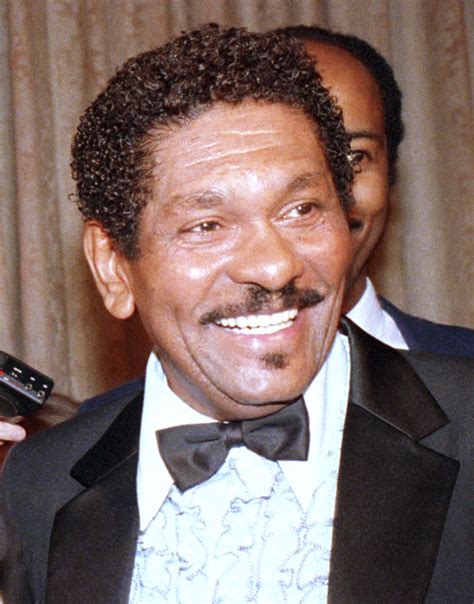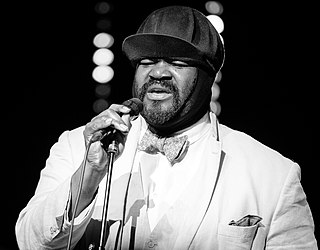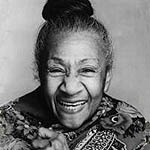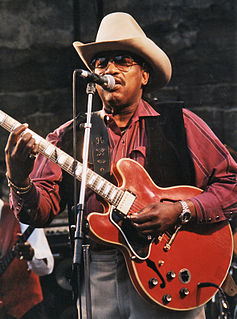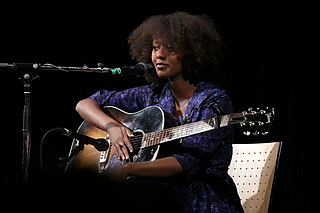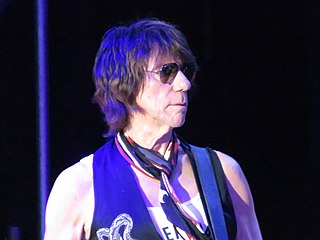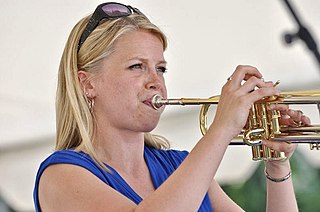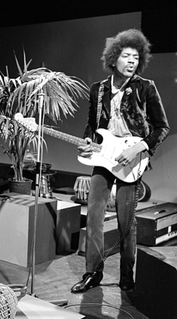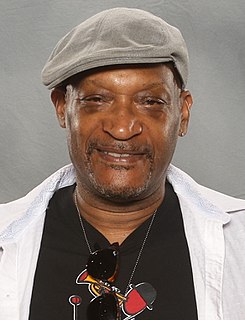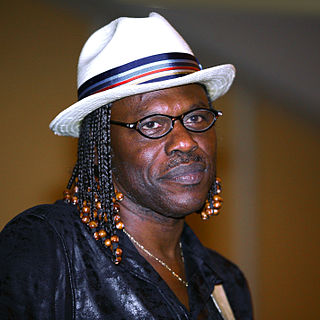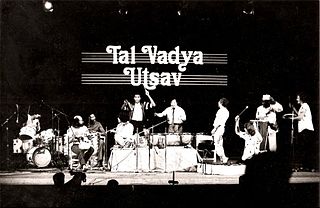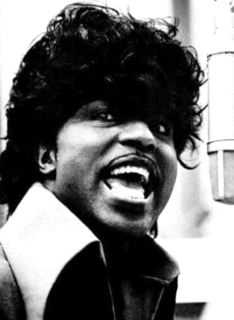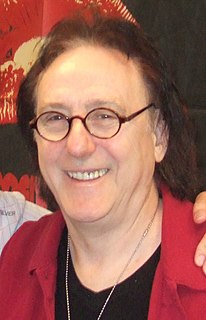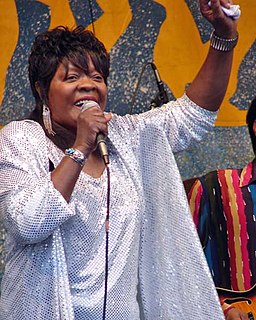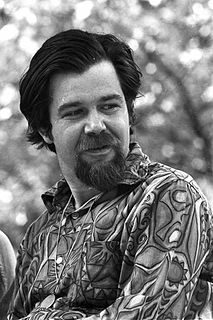Top 1200 Rhythm And Blues Quotes & Sayings - Page 2
Explore popular Rhythm And Blues quotes.
Last updated on April 19, 2025.
It's always difficult to define what jazz is or what jazz isn't. To me, the only definition that I can think of is it's music where a lot of different elements are played at the same time. The harmonic, the melodic... You're pushing the boundaries on every level. That could be true of rhythm and blues as well. I'm a musician.
Time is a social institution and not a physical reality. There is no such thing as time in the natural world - the world of stars and waters, clouds, mountains and living organisms. There is such a thing as rhythm - rhythm of tides, rhythm of biological processes... There is rhythm and there is motion. Time is a way of measuring motion.
Music and the blues, they have taught me a lot. I think in this book, 'Book Of Hours,' there is this blues sensibility. There are moments of humor even in the sorrow, and I'm really interested in the way that the blues have that tragic-comic view of life - what Langston Hughes called 'laughing to keep from crying.'
There's a lot of women in blues music, lots of strong women and that sort of stuff. It's not the first thing that comes to mind when you think about blues. There were a lot of powerful blues guitar players in the olden times that were women. It's just that when you think about blues, you have this one image in your mind.
The blues? Why, the blues are a part of me. They're like a chant. The blues are like spirituals, almost sacred. When we sing blues, we're singing out our hearts, we're singing out our feelings. Maybe we're hurt and just can't answer back, then we sing or maybe even hum the blues. When I sing, 'I walk the floor, wring my hands and cry -- Yes, I walk the floor, wring my hands and cry,'... what I'm doing is letting my soul out.
Nowadays blues in particular has a wide, wide, wide, wide net of everything that's called blues. I think if somebody's coming to it in the last ten years or whatever, or even fifteen years, what their experience is what is called blues is different from mine. I have to expand my range of what's been called the blues. I think somebody who's new to it would have to go back and to see what is called blues now, where it came from. If that makes sense.
I wasn't popular in school, I was Mexican, I was all these inappropriate things. I started playing the ukulele and taking it to school, and I realized people liked listening to it. I would play it to comfort myself at home, and I'd play rhythm and blues songs that had four chords. That's how it started.
After my early days of being a passionate young Elvis fan, Chuck Berry, Little Richard, etc. I got interested in Ray Charles and Ella Fitzgerald. Then I got turned on to the blues. I realized how important it was to our music in England at the time. Everyone was into the blues. Then you start looking at the different kinds of blues, and you follow the journey backwards from Chicago to earlier times back down to the Delta to the Memphis Blues.
There's the internal rhythm within a sequence, and then there's the rhythm between the sequences, and that's extremely important in constructing the narrative. For example, you don't put two big dramatic scenes right next to each other. But you can use the rhythm of the transition shots; they can often serve a double purpose.
